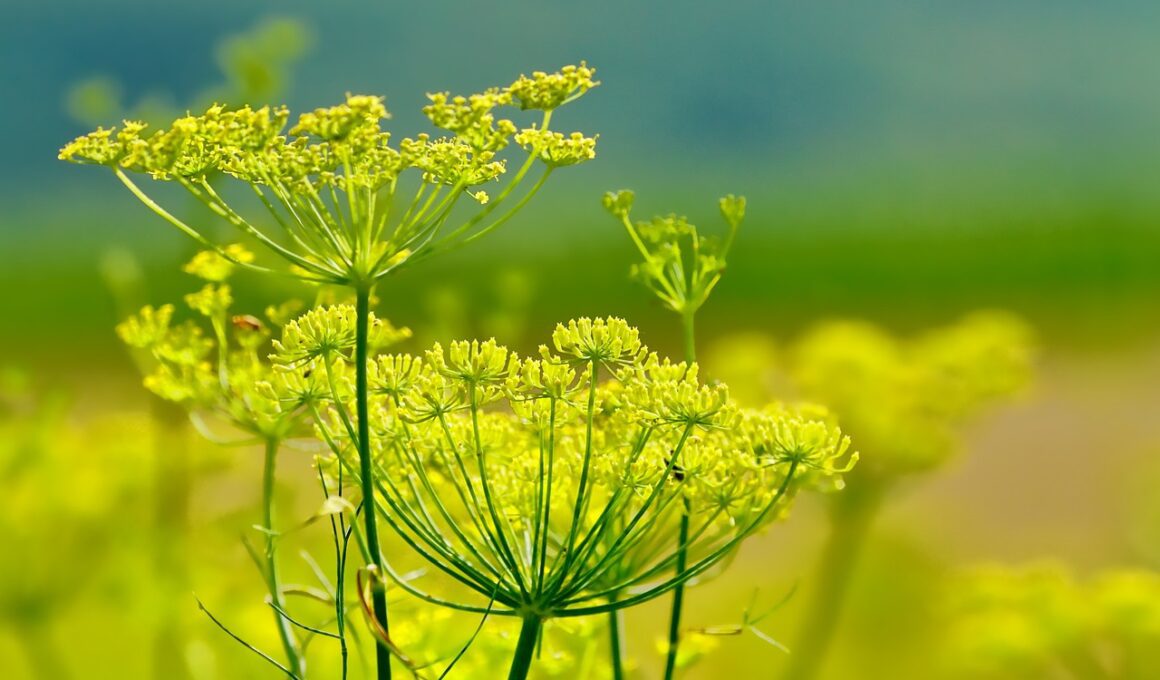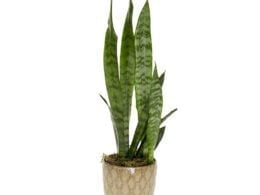Understanding the Slug Problem in the Garden
You’re out in the garden, tending to your beautiful plants, when suddenly you notice slimy trails and holes in your leaves, a clear sign that pesky slugs have invaded your oasis. Slugs are one of the most common pests that gardeners have to deal with. They are attracted to the moist environment of the garden and can cause significant damage to crops and ornamental plants. Slug behavior is to feed on plants during the night and hide during the day, making them difficult to spot. One way to deal with the slug problem is to introduce natural predators into your garden. These include birds, frogs, and toads, which can help keep the slug population under control. You can also create a habitat for these predators by adding birdhouses, birdbaths, and small ponds. This will attract them to your garden and help keep the slug population in check. Another way to deal with the slug problem is to use organic methods like handpicking, beer traps, and copper barriers. Handpicking involves manually removing the slugs from your plants, while beer traps involve placing a container of beer in your garden to attract slugs, which will then drown. Copper barriers can be used to create a physical barrier that slugs cannot cross. These methods are safe for the environment and will not harm beneficial insects or animals. In conclusion, dealing with slugs in the garden can be a challenging task, but there are several methods you can use to control their population. By understanding their behavior and introducing natural predators or using organic methods, you can help keep your garden free from these pesky invaders. So, don’t let slugs ruin your beautiful garden oasis and take action to keep them at bay.Plants that Slugs Hate
You’ll be amazed at how repelled these slimy creatures are by some of nature’s most beautiful and vibrant greenery. It turns out that slugs have a particular dislike for plants with tough or prickly leaves, such as rosemary, thyme, and sage. These herbs not only add flavor to your meals but also act as a natural remedy to keep slugs away from your garden. Another natural remedy to keep slugs at bay is to plant strong-scented herbs such as mint, garlic, and chives. These plants release a strong aroma that slugs find unpleasant, making them less likely to venture near. You can also use physical barriers such as copper tape or diatomaceous earth around your plants. The copper tape creates a small electric current that repels slugs, while the diatomaceous earth absorbs moisture from their body, causing them to dehydrate and die. Aside from herbs and physical barriers, there are other plants that slugs simply cannot stand. These include lavender, fennel, and geraniums. Lavender has a strong scent that repels slugs, while fennel produces a chemical that inhibits their growth and development. Geraniums, on the other hand, have leaves that are toxic to slugs, making them a natural deterrent. By incorporating these plants into your garden, you can create a beautiful and safe space that slugs will avoid at all costs.Is Garden Soil Better Than Topsoil for Repelling Slugs?
When it comes to repelling slugs, the difference between topsoil and garden soil is crucial. Topsoil, being the uppermost layer of soil, tends to have a looser consistency and better drainage, making it less attractive to slugs. On the other hand, garden soil can be enriched with organic matter, which may allure slugs. Therefore, opting for topsoil might be more effective in warding off these slimy pests.
Companion Planting Strategies to Deter Slugs
If you want to protect your garden from slimy invaders, consider planting companion herbs and flowers that act as natural repellents. Plant combinations can create a hostile environment for slugs and other pests, making it harder for them to feast on your precious plants. Here are three effective plant combinations to try in your own garden:- Mint and chives: Not only do these herbs add flavor to your meals, but they also keep slugs at bay. Mint’s strong scent confuses slugs, while chives’ oniony aroma repels them. Plant them together in pots or in the ground for double the protection.
- Marigolds and nasturtiums: These bright and colorful flowers not only add beauty to your garden, but they also act as natural repellents. Marigolds emit a strong scent that deters slugs, while nasturtiums’ pungent leaves repel them. Plant them around the perimeter of your garden or in between your other plants for added protection.
- Rosemary and sage: These herbs not only add flavor to your dishes, but they also keep slugs away. Rosemary’s strong scent and tough leaves make it difficult for slugs to feed, while sage’s bitter taste repels them. Plant them together in pots or in the ground for a fragrant and slug-resistant garden.
Tips for Maintaining a Slug-Free Garden
Maintaining a garden free from slimy invaders can be a challenge, but with these simple tips, you can create a hostile environment for pests without harming your precious flora. One of the best ways to keep slugs away is to use natural remedies. For instance, coffee grounds, eggshells, and copper tape are all effective slug repellents. Coffee grounds and eggshells work by creating a rough surface that slugs find uncomfortable to crawl on, while copper tape gives them a mild electric shock. Another effective method for keeping slugs away is to use physical barriers. These barriers can come in many forms, such as raised garden beds, chicken wire fences, and slug collars. Raised garden beds are a great way to keep slugs out of your garden since they cannot climb up the walls. Chicken wire fences are also a cheap and easy way to protect your plants from these slimy invaders. Lastly, slug collars are small rings that can be placed around individual plants to create a physical barrier that slugs cannot cross. In summary, maintaining a slug-free garden can be achieved by using natural remedies and physical barriers. By incorporating these tips, you can protect your precious flora without resorting to harmful chemicals. Remember to use coffee grounds, eggshells, and copper tape to keep slugs away, and consider using raised garden beds, chicken wire fences, and slug collars to create a physical barrier. With a little effort and determination, you can keep your garden safe from these slimy invaders.Conclusion and Additional Resources
Don’t let pesky slugs ruin your garden – with a few natural remedies and physical barriers, you can create a slug-free oasis for your beloved flora. Here are some tried-and-true methods to keep those slimy creatures at bay:- Natural remedies: Slugs are deterred by certain plants, such as lavender, rosemary, and mint. Planting these around the perimeter of your garden or interspersed throughout can help keep slugs away. Additionally, copper tape or mesh can create a barrier that slugs won’t cross due to a reaction with their mucus.
- Commercial products: If natural remedies aren’t doing the trick, there are a variety of commercial products available to help deter slugs. These range from slug pellets to copper strips to electronic devices that emit sound waves to repel slugs.








